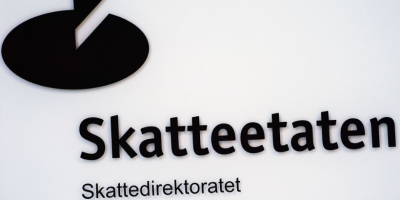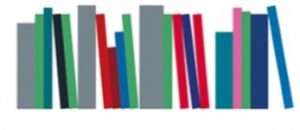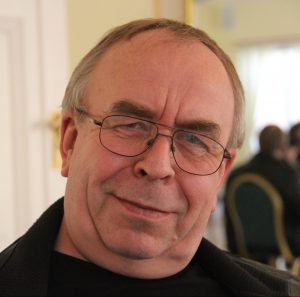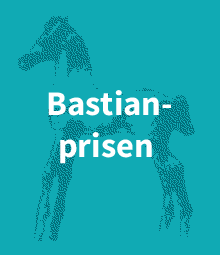CALL FOR PAPERS!
What can you expect from the FIT World Congress?
The FIT World Congress is an international conference which brings together all those involved in the language sector: translators, interpreters and terminologists, students and teachers, newcomers and experienced professionals, product and service providers all those for whom professional language services are a must.
The presentations have a maximum duration of 30 minutes. In most cases, an opportunity for brief discussion is provided at the end of blocks comprising three or four presentations.
The panel discussions are timed for 90 minutes. Panel members and members of the audience exchange their ideas on current topics from professional practice.
The workshops last 90 or 180 minutes, depending on the subject, and provide a more intensive examination of individual issues.Would you like to submit an abstract? We look forward to receiving your suggestion.
FIT (Fédération Internationale des Traducteurs/International Federation of Translators) is an international grouping of associations of translators, interpreters and terminologists. Over 120 professional associations and training institutions are affiliated to FIT, representing more than 80,000 practitioners in 60 countries. The goal of the Federation is to promote professionalism in the disciplines it represents; it constantly seeks to improve conditions for the profession everywhere, and to uphold translators, interpreters and terminologists rights and freedom of expression.
Every three years, FIT invites the industry to an international congress. Following successful events in Shanghai in 2008 and San Francisco in 2011, Germanys Federal Association of Interpreters and Translators (BDÜ Bundesverband der Dolmetscher und Übersetzer e. V.) is delighted to be hosting the professional world in Berlin as the organiser of the XXth FIT World Congress, scheduled for 46 August 2014.
Around the theme
Man vs. Machine?
The Future of Translators, Interpreters and Terminologists
talks, panel discussions and workshops as well as a trade fair, networking platform and jobs exchange will bring together agents, agencies, university teachers, software tool providers, students and professional translators, interpreters and terminologists from across the world.
In a world that is increasingly connected, and where multilingualism is becoming the norm, as it has long been in Europe, translators and interpreters serve as vital links. In order to deliver translation and interpreting services at the necessary speed, they are under pressure to acquire an extensive range of expert knowledge in addition to the in-depth linguistic expertise and the specific skill-sets related to translation and interpreting.
Translators and interpreters do not play a central role only in business and the economy. Global mobility and migration streams mean that language professionals are needed to build bridges between cultures too, facilitating communication and understanding, helping to meld different groups and bring about a shared sense of community, so fostering fundamental human rights.
What form will the work of translators, interpreters and terminologists take in the future? What challenges will they face? How will international market demands affect their services? How will individual national markets change?
All those interested in engaging with these questions are invited to submit proposals for presentations, workshops and panel discussions dealing with the following topics by 31 July 2013:
Translators, interpreters and terminologists careers demanding a diverse range of expertise
e.g. translation technology, terminology work, research expertise, business competencies, translation and interpreting in a wide range of specialist disciplines, literary (book) translation, intercultural competency, post-editing, audiovisual translation
How translation and interpreting contribute to safeguarding human rights
e.g. community interpreting, intercultural understanding, court interpreting, medical interpreting, interpreting in crisis and war zones
Professional practice and the rights of translators, interpreters and terminologists
e.g. professional ethics, standards and norms, fees, copyright and intellectual property, security and freedom of expression for translators and interpreters, crowd translation, transcreation
Teaching and research in the field of translation, interpreting and terminology work
e.g. didactic methods, general education vs. specialist education, CPD, IT tools in training, TRAFUT, language industry studies
If you would like to share and present your knowledge and experience, please submit an abstract of up to 1,000 characters on the website www.fit2014.org by 31 July 2013.
The conference languages are German, English and French. The following formats are available:
Presentations (max. 30 minutes); there will be a period for questions and discussion at the end of each block of presentations, if time allows
Panel discussions (90 minutes)
Workshops (90 or 180 minutes)
Proposals will be selected in two stages: First, all interested industry professionals will have the opportunity to vote for their favourite proposals on the congress website. Thereafter a committee of experts comprising practising professionals and university teachers will make the final selection.
All accepted presentations will be included in a volume of proceedings, which will be available at the congress.
We will inform you by 15 November 2013 whether your proposal has been accepted. On 1 December 2013 a detailed conference programme will be made available. To be included in the conference proceedings, final versions of the presentations must be submitted by 31 March 2014.
For more information, e-mail us at info@fit2014.org.
Fédération Internationale des Traducteurs (FIT) / International Federation of Translators (FIT)
Bundesverband der Dolmetscher und Übersetzer e. V. (BDÜ) local host
Berlin, 1 January 2013

 Follow
Follow






